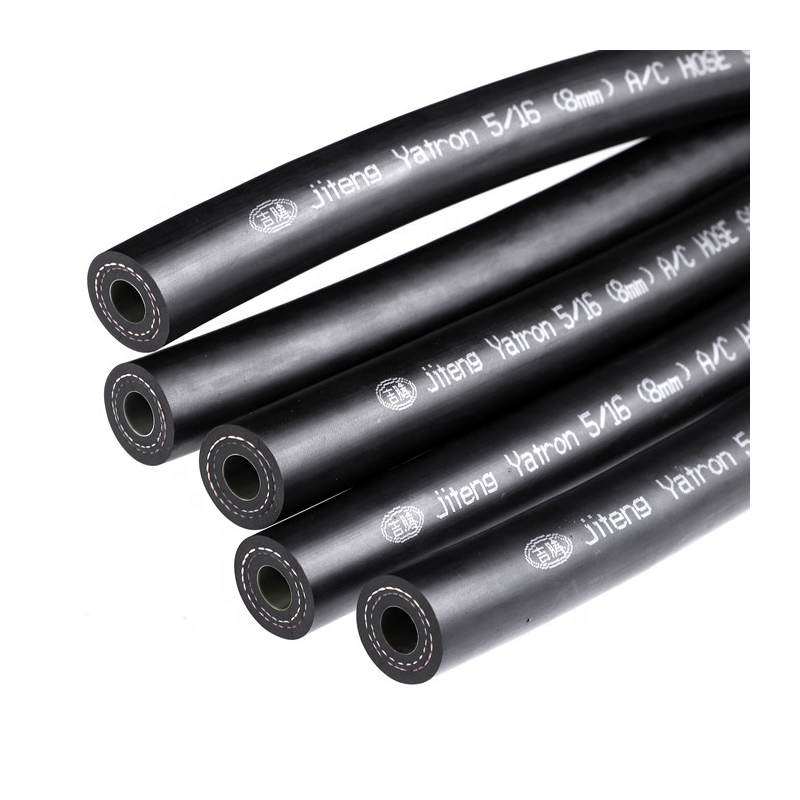brake line leaking
sep . 01, 2024 05:36 Back to list
brake line leaking
Understanding Brake Line Leaks Causes, Symptoms, and Solutions
Brake line leaks can pose a serious threat to vehicle safety, and addressing them promptly is essential for maintaining the integrity of your braking system. A brake line is a crucial component of your car’s hydraulic braking system, responsible for transmitting brake fluid from the master cylinder to the brake calipers or wheel cylinders. When these lines develop leaks, it can lead to a loss of hydraulic pressure, resulting in decreased braking performance or total brake failure.
Causes of Brake Line Leaks
Several factors can contribute to brake line leaks. One common cause is corrosion, particularly in areas where moisture is prevalent. Brake lines are typically made from steel which is susceptible to rust when exposed to water and road salt. Over time, even small pinholes can form, allowing brake fluid to escape.
Another cause is physical damage. Accidents or road debris can strike the brake lines, leading to cracks or punctures. Poor installation or the use of subpar materials can also result in weak points within the system that may later develop into leaks.
Lastly, constant exposure to heat can affect the elasticity of the brake lines, especially in older vehicles. As rubber and plastic components age, they may become brittle, leading to cracks and subsequent leaks.
Symptoms of Brake Line Leaks
Identifying a brake line leak early can save you from more significant issues down the road. One of the primary indicators is a noticeable loss of brake fluid. Regularly check your brake fluid reservoir; a drop in fluid levels can suggest a leak.
brake line leaking

You may also experience a spongy or soft brake pedal, which indicates a loss of hydraulic pressure within the braking system. If you notice that your brakes are less responsive or require more effort to engage, this could be a direct result of leaking brake fluid.
Additionally, look for any visible signs of fluid on the ground where you park. Brake fluid is typically yellowish, clear, or pink in color, and its presence under your vehicle is a telltale sign of a problem.
Solutions to Brake Line Leaks
If you suspect a brake line leak, it is crucial to address it immediately. First, do not drive the vehicle until the issue is resolved, as this can put you and others at risk.
To repair a leak, you generally have two options replacing the damaged section of the line or, in some cases, using a specialized sealant designed for brake lines. However, for safety and reliability, it’s often recommended to replace the entire line or the affected sections. This ensures that the new material adheres to modern standards and provides optimal performance.
Regular maintenance can also help prevent brake line leaks. Inspect your brake system periodically, checking for rust, wear, or corrosion in the brake lines and connections.
In conclusion, understanding the causes, symptoms, and solutions for brake line leaks is essential for vehicle safety. If you notice any signs of a leak or a decrease in braking performance, consult a professional mechanic immediately. By ensuring your braking system functions correctly, you can maintain safety on the road and avoid potential accidents. Remember, healthy brakes are critical to a safe driving experience.
